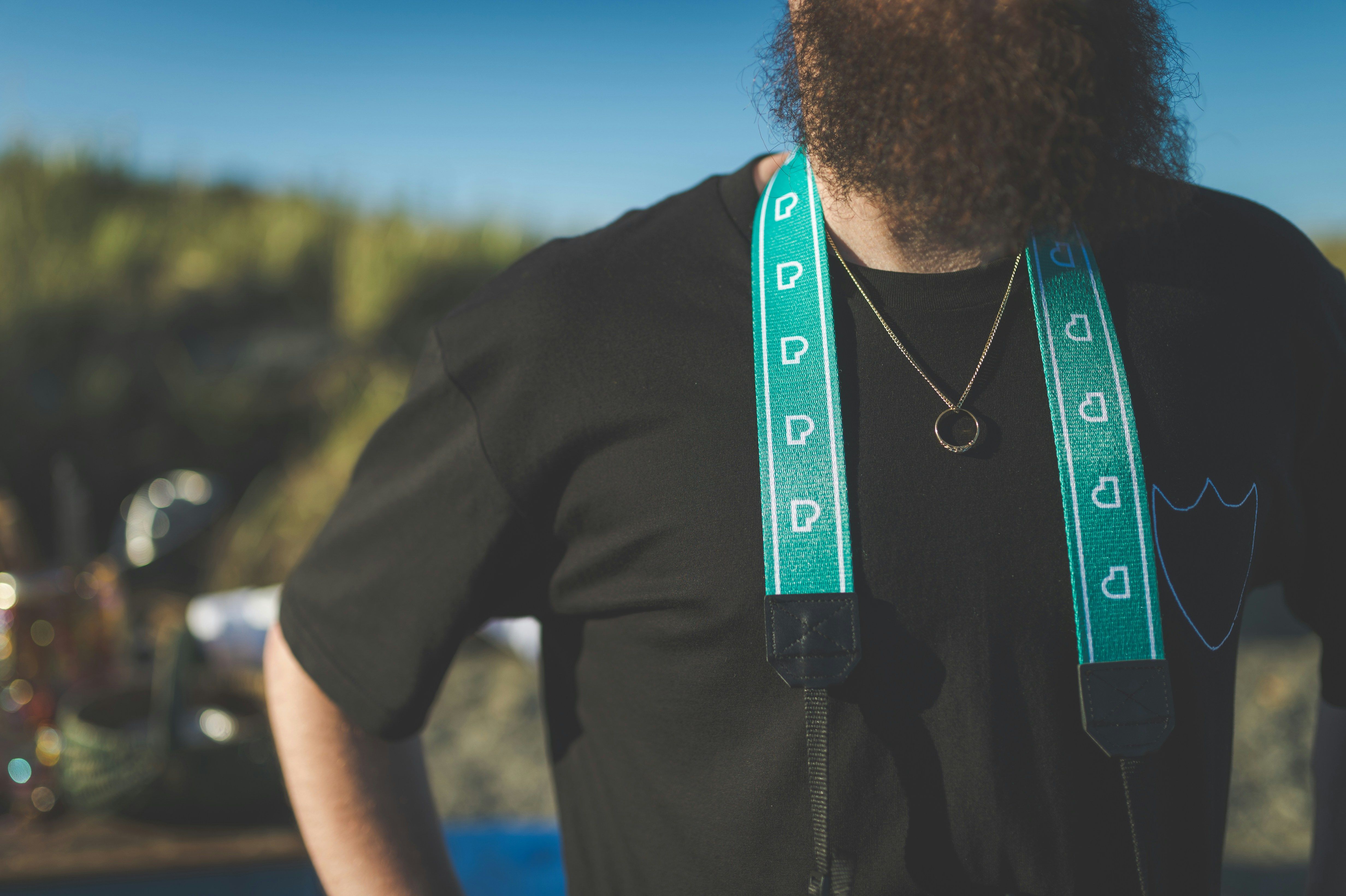Authorities to take action against juvenile offenses: deepfakes, substance abuse, and related matters
Deepfake crime prevention measures take center stage in South Korea, with a multi-faceted approach targeted at safeguarding the nation from digital deception. On November 6, 2024, posters advocating for these measures were seen at the Women's Human Rights Institute in Jung District, central Seoul [YONHAP].
In response to public concern over deepfake-related offenses, the government has unveiled the "5th Comprehensive Youth Protection Plan (2025–2027)" that aims to curb youth-related crimes, including digital offenses. The plan includes swift deletion of illegal deepfake content, stronger punishments such as the confiscation of assets derived from illicit online activities, and stricter age verification procedures to protect minors from accessing harmful online content [1].
Enforcement against election-related deepfakes has been particularly stringent, with the Public Official Election Act's December 2023 revision prohibiting the creation, editing, or distribution of deepfake content during election campaigns within 90 days prior to elections. Violators could face up to seven years in prison or fines of up to 50 million won [2].
Technological advances have also been instrumental in the fight against deepfakes, with the Personal Information Protection Commission (PIPC) investing approximately 1.29 billion won in deepfake detection technologies [3]. The goal is to develop systems that can analyze unstructured data, like voice, video, and images, using machine learning techniques. These advancements target the identification and prevention of illegal distribution of personal information embedded in deepfake content and counter sophisticated manipulations that evade traditional keyword or text-based filters [3].
Recent protests in Jongno District, central Seoul, call for better measures against deepfake crimes. While the explicit details of these protests were not specified in the sources, public concern over digital offenses has triggered government action and societal engagement. fair, transparent, and manipulation-free electoral processes [1][2].
In summary, South Korea's strategy for deepfake crime prevention entails stringent legal penalties, technological advancements for detection, and comprehensive youth protection initiatives. The government's proactive stance seeks to safeguard the nation from digital misinformation and manipulation while addressing concerns related to election misinformation, digital sex crimes, and intellectual property violations [1][2][3][4].
[1] Kid-friendly policies for tech in Korea: Youth protection plan unveiled to fight digital offenses. (2024, October 15). Retrieved from https://www.joongang.co.kr/joongang-island/article/534100.[2] "Deepfake" law targets political propaganda ahead of presidential race. (2023, December 16). Retrieved from https://www.joongang.co.kr/joongang-island/article/528274.[3] South Korea invests in AI technology to counter deepfakes. (2024, April 3). Retrieved from https://www.joongang.co.kr/joongang-island/article/533726.[4] South Korea's AI Basic Act: Protecting personal rights in the age of artificial intelligence. (2023, March 22). Retrieved from https://www.mbckorea.org/news/south-koreas-ai-basic-act-protecting-personal-rights-in-the-age-of-artificial-intelligence/
- The government's "5th Comprehensive Youth Protection Plan (2025–2027)" aims to safeguard education and health of the youth by curbing youth-related crimes, including digital offenses, and strengthening age verification procedures to protect minors from harmful online content.
- In the realm of general news, advocates in Jongno District, central Seoul, are protesting for more effective measures against deepfake crimes, which spotlights the importance of addressing concerns related to misinformation and manipulation in various aspects of society.
- Technology plays a crucial role in South Korea's strategy for deepfake crime prevention, with the Personal Information Protection Commission investing in deepfake detection technologies that use machine learning techniques to analyze unstructured data like voice, video, and images, protecting intellectual property and confronting complex digital threats.








